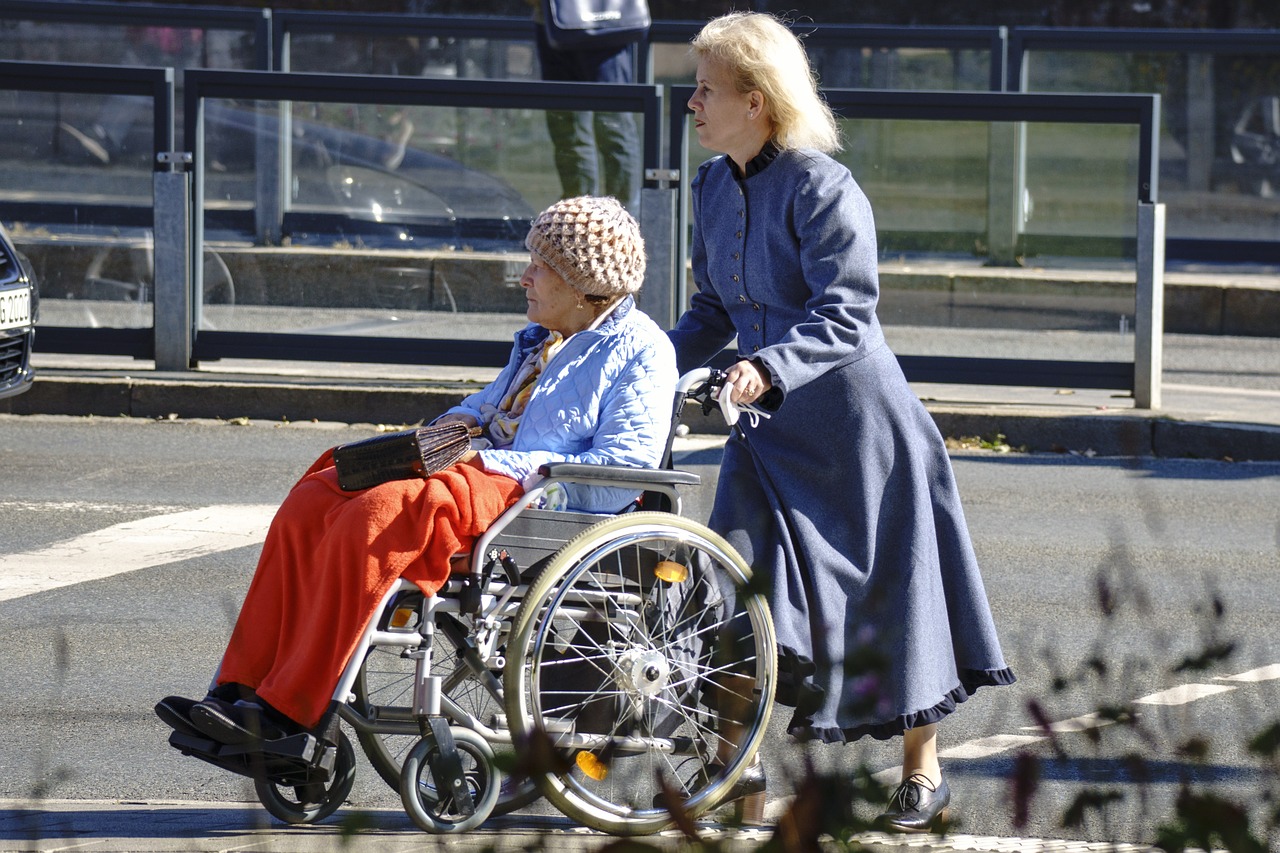As caregivers for seniors, you understand the profound impact your support has on their overall well-being. One of the most critical aspects of senior care involves promoting an active and engaged lifestyle. In this article, we will explore the importance of encouraging active seniors and seniors’ activities, shedding light on the benefits it brings to their physical, mental, and emotional health.

- Physical Health Benefits for Active Seniors:
Encouraging seniors to stay active through various activities is key to maintaining their physical health. Here’s why:
- Enhanced Mobility: Seniors who engage in regular physical activity are more likely to maintain their mobility and independence for longer.
- Chronic Disease Prevention: Physical activity can help prevent or manage chronic conditions such as heart disease, diabetes, and osteoporosis, which are prevalent among seniors.
- Fall Prevention: Activities like balance exercises and strength training can significantly reduce the risk of falls, which can have severe consequences for seniors.
- Mental Well-being and Cognitive Health:
Keeping seniors mentally engaged through seniors’ activities is crucial for their cognitive health. Here’s how it helps:
- Cognitive Stimulation: Active seniors are more likely to remain mentally sharp, with a lower risk of cognitive decline and conditions like dementia.
- Mood Enhancement: Seniors who participate in activities often report better mood, reduced anxiety, and lower rates of depression.
- Social Interaction: Seniors’ activities provide an excellent opportunity for social engagement, reducing feelings of loneliness and isolation.
- Emotional and Psychological Benefits:
Emotional and psychological well-being are essential for a high quality of life among seniors. Active seniors experience several advantages:
- Sense of Purpose: Engaging in activities and hobbies gives seniors a sense of purpose and fulfillment.
- Stress Reduction: Participating in seniors’ activities can be a great stress-reliever, helping seniors better cope with life’s challenges.
- Positive Self-esteem: Achieving goals and staying active fosters a positive self-image and boosts self-esteem among seniors.
- Social Connections:
One of the most significant benefits of encouraging seniors’ activities is the opportunity for social interaction:
- Companionship: Seniors’ activities allow them to make new friends and maintain existing relationships, reducing feelings of isolation.
- Emotional Support: Social interactions provide emotional support, which is essential for seniors’ mental well-being.
- Community Engagement: Active seniors often feel more connected to their communities, which can lead to a sense of belonging and purpose.
- Sense of Achievement:
Participating in seniors’ activities allows seniors to set goals, strive for personal growth, and experience a sense of accomplishment:
- Goal Setting: Active seniors can set and achieve goals related to their chosen activities, providing a sense of direction and motivation.
- Personal Growth: Seniors’ activities challenge individuals to learn new skills and explore new interests, fostering personal growth.
As caregivers for seniors, your role in promoting active seniors and seniors’ activities is pivotal. Encouraging an active and engaged lifestyle offers a multitude of benefits, ranging from improved physical health to enhanced cognitive function, emotional well-being, social connections, and a sense of accomplishment. It’s not just about keeping seniors busy; it’s about enriching their lives and helping them thrive during their golden years. By actively supporting and encouraging seniors’ activities, caregivers can contribute significantly to the overall happiness and well-being of the seniors in their care.